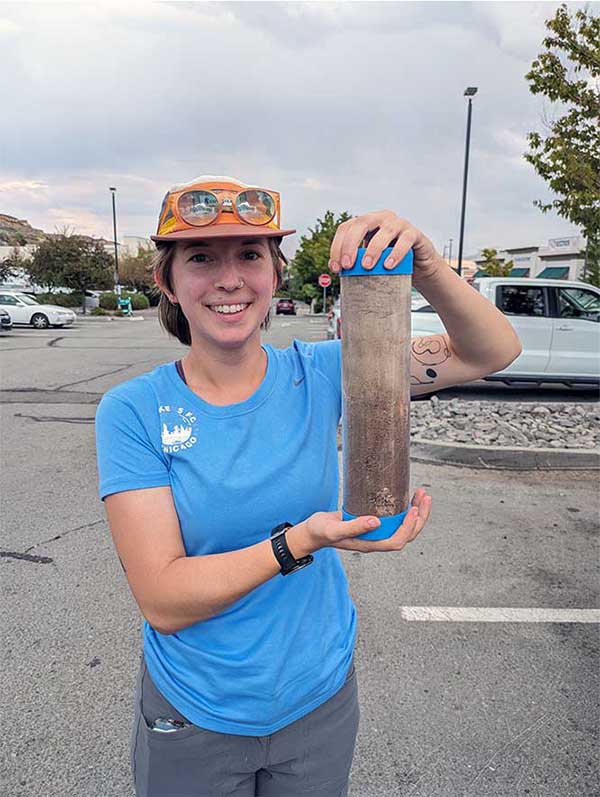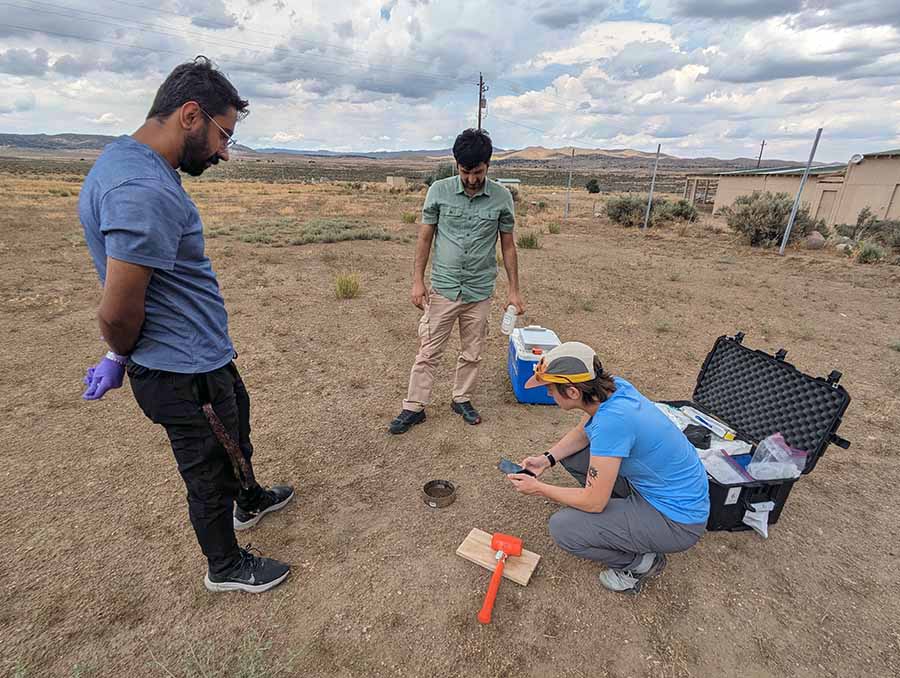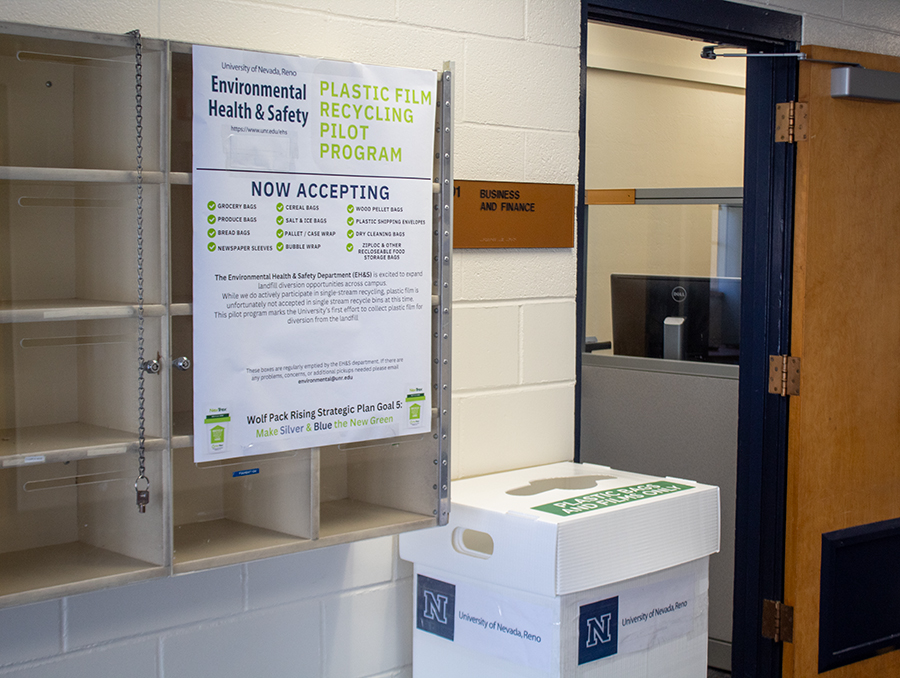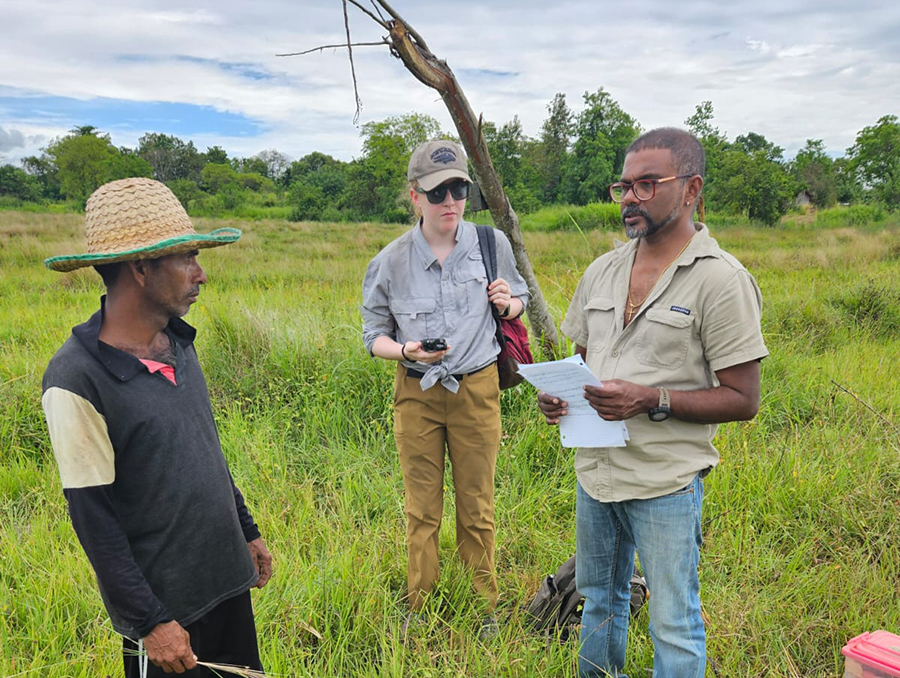Environmental Engineering Professor Frank Yang and researcher Alyssa Radakovich left July 26 for a two-week environmental research project on Unalaska Island in the Aleutian Islands of Alaska. They'll be working with scientists from the University of Arizona, Princeton and others to study the effects of World War II-era infrastructure on the lives of native people on the island and how the impacts may be exacerbated by climate change.

The University of Nevada, Reno team was selected by the Department of Energy (DOE) Environmental Molecular Sciences Laboratory (EMSL) to participate in its Molecular Observation Network (MONet). MONet collects data from across the country in an effort to advance the understanding of soil processes to adapt to and counteract climate change.
"The Arctic region holds more than half the Earth's carbon, and climate change is accelerating the release of that carbon back into the environment," Yang said. "Studies like these can help us slow down or prevent pollutants from adversely impacting nearby communities."
Yang and Radakovich will spend their time on Unalaska Island taking soil samples along with fellow researchers and local members of the Alaska Native population. The samples then will be sent to EMSL for high-resolution analysis. The results will be combined with other samples gathered around the country to create a comprehensive database for use by researchers.
In addition to soil sampling, the team will be participating in the island's Culture Camp - a summer program organized by the local community to teach children of all ages the importance of their culture and the role they play in the environment around them. Yang and Radakovich will be teaching a variety of environmental topics and will encourage participants to help them with their field sampling.
The study is part of ongoing research on the island, and the data the team gathers will help them suggest ways to improve the environmental wellbeing of Unalaska as well as the health of the people and wildlife who live there. This work is not limited to simply environmental research, but includes social and economic science to provide a holistic approach to helping Native communities like those on Unalaska Island thrive and prosper.
"The work we're doing on Unalaska Island," Radakovich said, "is helping to empower a community to make the best decisions for the health and well-being of the people there. Community-centered research is really important to me, and I feel lucky to be a part of such an impactful project."















